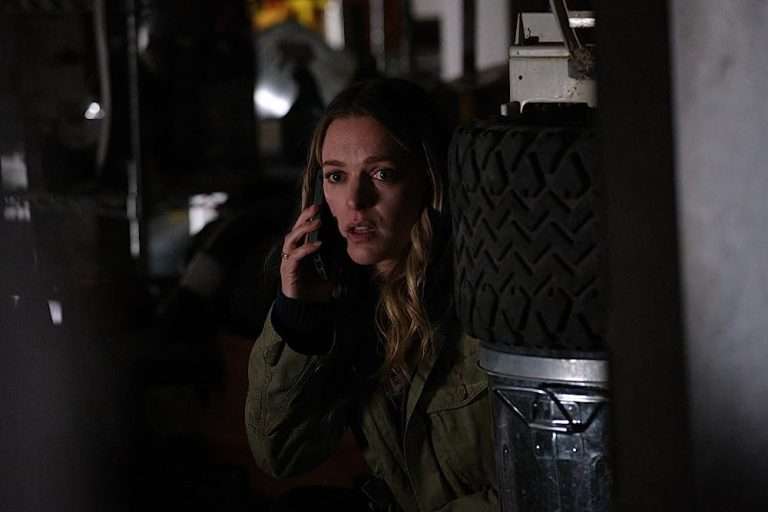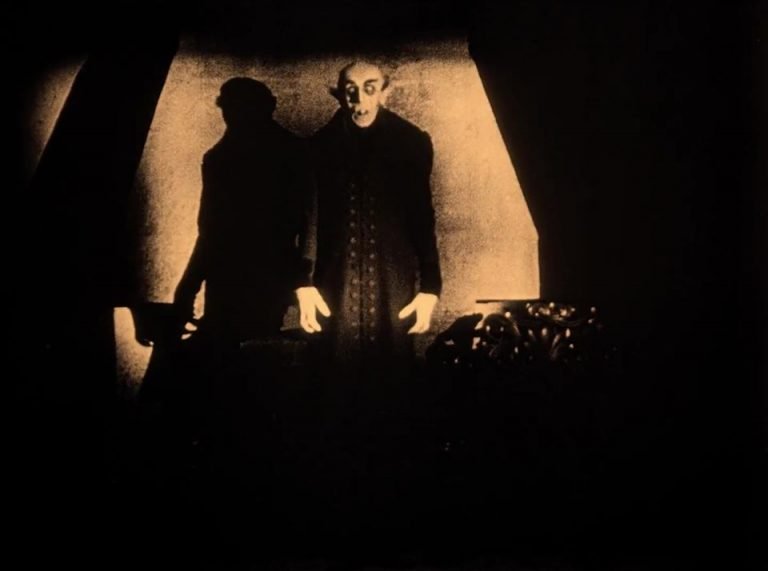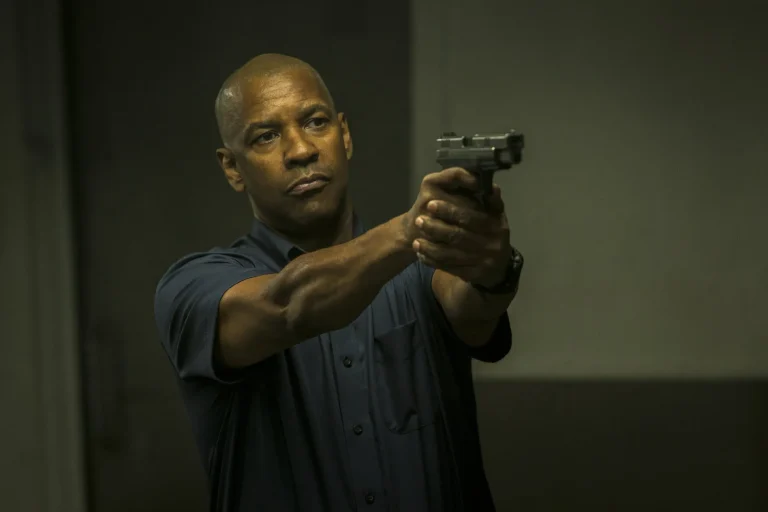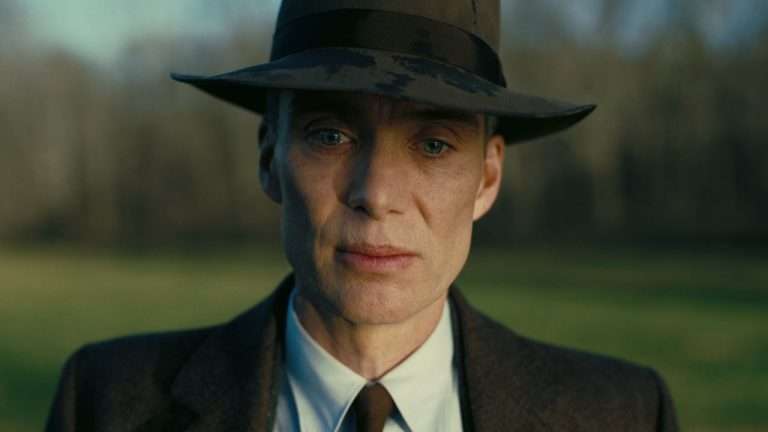Magic (1978): There’s something unsettlingly sinister about Anthony Hopkins as Hannibal Lecter. Despite being a slightly altered version of Thomas Harris’ antagonist in his renowned book series, Hopkins’ Lecter has a way of getting under your skin with his offbeat charm and frightening intelligence.
Pair that with his ability to discern what exactly makes you tick, and you have a dangerous game of quid-pro-quo unfurling, and if you’re unlucky, you might end up on his dinner plate.
However, before Hopkins’ Lecter, the veteran actor played a timid ventriloquist in David Attenborough’s 1978 psychological horror, Magic. Although Charles “Corky” Withers comes nowhere near Lecter’s deliberate, methodical villainy, Hopkins invests the emotionally-torn character with the right amount of chilling menace and pathos.
Magic (1978) Plot Summary & Movie Synopsis:
When Corky is first introduced, we get a glimpse into the mind of a shy yet gifted magician who wishes to enthrall audiences with his craft. A conversation with a dying Merlin Jr., also a magician, reveals the reality of things – although Corky lies about a successful opening night as a magician, Merlin sees right through him.
The crowd he encounters is especially disinterested in his card tricks, and Corky’s nervous anxiety accentuates his downward spiral, leading to a bombed performance. This, unfortunately, leads him to have an outburst onstage, and Merlin asks him to find some charm if he wants to be a successful magician of good standing.
Fast forward a few months later, Corky has now cemented himself as a ventriloquist who also uses a crass-mouthed dummy named Fats during his magic acts. As evidenced by one of his performances we are privy to, the crowds thoroughly enjoy the contrast between Corky’s ever-polite mannerisms and Fats’ blunt, foul-mouthed quips.
Network television executives hound after Corky to book him, and his agent, Ben Greene (a brilliant Burgess Meredith), informs him that CBS wants to book him, but he needs to clear a medical exam first. This angers Corky to no end, urging him to go into hiding to clear his head about the path ahead.
Throughout these sequences, Corky appears appropriately grounded and easy-going, managing to charm everyone with his own amicable demeanor and Fats’ bold punch lines, which often cross the boundaries of social acceptance.
Nobody seems to mind these little transgressions — it is a talking dummy, after all, who is simply meant to entertain — but there is something quietly unsettling about Corky during pauses that linger a little too long and sudden outbursts that hint at the onset of mania.
When Corky quietly watches his childhood home in the suburbs, it becomes clear that he is a man who experienced grief and loss too fast and too hard, leading to some sort of unresolved trauma festering inside his psyche.
Deliberate Isolation and a Yearning to Re-Connect
Corky’s resistance to taking a medical exam is baffling to Greene, who rationalizes this behavior as a coping mechanism to evade the fear of success. Meanwhile, our gifted ventriloquist travels to the suburbs and arranges lodging for himself in the home of his college crush Peggy Ann (Ann-Margaret)—the two reminiscences about their youthful days.
Although married, Peggy is unhappy with her husband, who is mostly away on hunting trips, and Corky uses Fats to bridge the gap between them, using his own subtle charm and Fats’ brash flirtatiousness to win her over. There’s visible tension and angst between them, which culminates in a telepathic card scene that displays Hopkins’ incredible range as a character doomed by his own expectations from himself.
What’s troubling is that Corky does not drop the act with Fats the moment he is alone — there are full-blown conversations between the two, where the latter eggs on the former to be more assertive when it comes to wooing Peggy. However, when Corky succeeds, Fats seems to exhibit an unhinged brand of jealousy; why would he be deprived of the same solace and comfort Corky experiences through his love for Peggy?
Moreover, Fats runs the risk of being discarded forever now that Corky has finally found an emotional tether to ground him in life. After all, the two are conjoined, being warring aspects of the same mind, but Corky seems to treat Fats as a separate entity in itself. This schism spells trouble.
The idyllic bliss offered by the lake-flanked haven is shattered when reality comes knocking: Greene arrives unexpectedly and catches Corky in the act of arguing with Fats. Deeply worried about Corky’s mental state, Greene asks him to get help. When Corky refuses, Greene calmly says that he will leave Corky alone if he manages to do something that should be very simple: shut Fats up for five whole minutes.
The brilliance of this tense scene cannot be articulated in words as we experience the various stages of emotions that flit across Corky’s face, who goes from smug denial of his reality to hapless desperation when the truth dawns on him. Corky Withers cannot, in fact, go a full five minutes without Fats. They’re co-dependent on each other to the point that Corky feels incomplete without his foul-mouthed dummy.
Corky’s Mask Slips, And an Unfortunate Saga of Violence
When Greene is about to leave, thoroughly disappointed in Corky, Fats warns Corky that he is about to lose everything should Greene make it back to New York. “How do I stop him?” Corky exclaims in terror, to which Fats replies, “With me, me, me, me, ME!” This is the beginning of a horrifying, tragic turn of events, as Corky uses the wooden dummy to bludgeon Greene in the woods.
Repulsed by what he’s done, Corky wishes to turn himself in, but Fats’ cruel words prompt Corky to drown Greene in the lake, which he manages to do after a rather tense squirmish between him and a still-alive Greene. When he thinks the worst is behind him, Peggy’s husband, Duke (Ed Lauter), returns.
The reason why Magic rises above run-of-the-mill psychological horrors about murderous dummies is that we are never sure whether Fats is just an extension of Corky or whether he has gained sentience as a diabolical entity. Attenborough ups the creep factor with steady, lingering shots of the doll, who is propped in the foreground, looking ever-alive and up to no good.
The scene in which Corky and Peggy have sex with Fats looking on maliciously is expertly done, as it succeeds in conveying the anxieties surrounding the true nature of the situation. When Fats seems to stab Duke later on, it appears for a moment that the dummy acts on its own, only to reveal a sweat-drenched Corky controlling the doll from behind the curtains.
There are significant changes to Corky’s usual behavior as well — he is more confident when wooing Peggy. He takes on a more rogueish, assertive role when it comes to charming her.
All of this transpires while a dead body rots in the lake, with Duke ever-so-close to unmasking Corky’s crimes. Now that all the obstacles have been demolished, will Corky be able to get the girl? While this would have been ideal, Fats has other plans.
Magic (1978) Ending, Explained:
Self-Sabotage and Profound Tragedy
Peggy and Corky decide to run away together, but the former wishes to tell her husband about this face to face, as she does not want Duke to blame himself for the separation. Unaware that Duke is dead, Peggy waits for him to return, much to the ire of Corky. Fats become more incensed by the minute as he is unable to contend with the fact that he might be locked away in a suitcase once the lovers are reunited.
Fats lashes out, emerging as the dominant personality, puppeteering Corky to do as he wishes, including whittling a wooden heart for Peggy and killing her for good. This occurs after Fats tells Peggy that Corky views him as a dumb girl who’s easy to manipulate, which leads Peggy to rethink her decision to leave Duke for Corky.
This act of self-sabotage is true to Corky from the very beginning of the film. In the opening act, Corky is unable to charm his audience, but instead of bettering his craft, he lashes out, sabotaging his prospects of ever performing live again. Although his passionate outburst is well-received by Greene, who recognizes his raw talent, Corky once again sabotages himself by fleeing away from what could have been a glorious career.
Apart from the real fear of success, Corky fears truly being seen — he is okay as long as he can channel his darker, more impulsive instincts through Fats, but to be seen for who he truly is, would mean accepting those parts of himself — something he does not quite succeed in until it is too late.
Corky suffers from your standard imposter syndrome, mixed with a primal urge to prove his true mettle, and these warring selves manifest in the Corky-Fats dichotomy. Even in the end, after Corky stabs himself to save Peggy, Corky tells Fats that he is nothing without the dummy and that any semblance of success he’s had — whether worldly or personal — is thanks to Fats and their joined endeavor.
This leads to the most heartwrenching part of the film, where Fats simply says, “Us was you all along. It was you…all along.” The truth hits Corky like a lightning bolt, but by that time, it’s all over.
In death, Corky finds bittersweet acceptance as he glimpses himself as a person who had it all but was unable to accept it, even when the truth was right within the reach of his fingertips, which he had used to move his friend and partner-in-crime, Fats.
In the end, Peggy comes to the lake and asks Corky to come out of his cabin, willing to make amends and run away together. When Corky does not respond, Peggy imitates Fats to coax him out. Fats’ hold on reality is stronger than we believe, as he will always be charm personified, with something deeply disturbing lurking underneath.





![[Watch] Sorry We Missed You Trailer: Ken Loach Returns with another hard-hitting drama](https://79468c92.delivery.rocketcdn.me/wp-content/uploads/2019/06/Sorry-We-Missed-You-Trailer-768x427.jpg)


